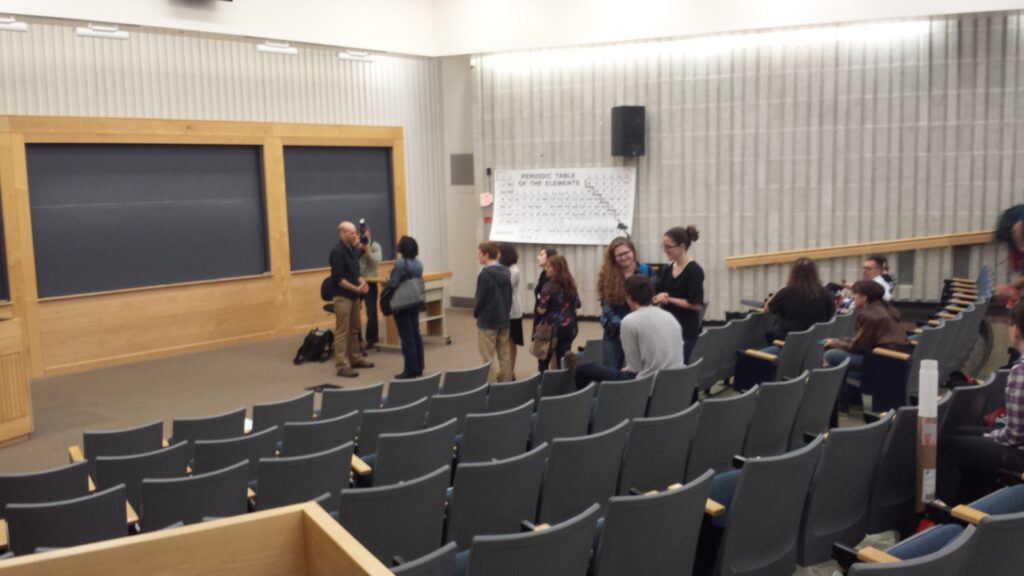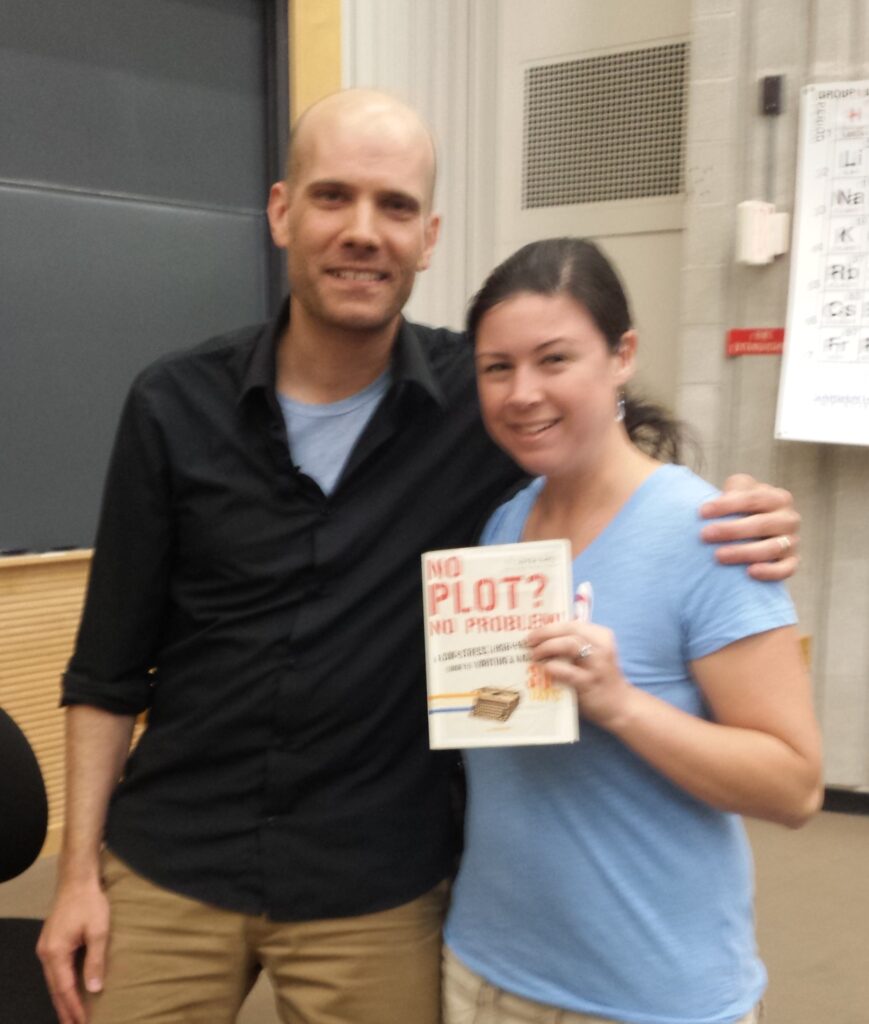In 2006, I was juggling five courses and three jobs to pay for college when I first heard about a program called “NaNoWriMo.” Intrigued, I visited the website and read through the rules of the 30-day challenge to write 50,000 words. Could I really do that? With everything else on my plate, could I finish a 50,000-word manuscript in just one month? As a budding writer eager to complete another book and, someday, get published, I dove in headfirst. I created an account, purchased Chris Baty’s No Plot? No Problem!, and set off to tackle the challenge. It turned out to be one of the most thrilling writing experiences of my life—and I won! I completed it just before the midnight deadline.

NaNoWriMo taught me several valuable lessons.
First, I discovered that I could write faster than I had thought possible. I learned not to worry about how the first draft (or draft zero) sounded or looked; it was just what I spilled onto the page, and I could clean it up later. Second, when I prioritize writing, I get it done. No matter how many other obligations and responsibilities I have, I can always find time to write—even if it’s just squeezing in a few minutes between classes or an hour before bed. Third, I realized this is how prolific authors find their way. The more novels I complete quickly, the more I could potentially publish in a year. Additionally, the more I learned about the craft of writing and the more I edited, the better those zero drafts became.

I had the privilege of meeting Chris Baty in 2014, when he came to Wheaton College to speak about how the nonprofit began and how to start your own creative revolution.
I shared with him how I had completed the challenge several times, but the most memorable experience was during a period of unemployment. It was May 2008, during the economic crash; I had recently graduated with my bachelor’s degree (I know, I’m dating myself), and I was struggling to find work. I needed a creative outlet, so I decided to write a book that May (even though the month has 31 days). Chris laughed and was pleased to hear how others adapted the challenge in different ways.

Now, NaNoWriMo—the nonprofit—has announced that it’s coming to a close.
Unable to financially support itself, they are shutting their doors and closing the website. It hurt my heart to hear this. I loved their program, how they supported teachers and students, and how libraries across the world hosted groups for writers to gather and create. November held a special “rush” as people everywhere attempted to finish the 50,000-word challenge in just 30 days.
Here’s the thing: while NaNoWriMo as a nonprofit organization may be ending, National Novel Writing Month isn’t over. Anyone can take on the challenge, and you don’t need a website, a sticker, a t-shirt, or a library write-in to make it happen. NaNoWriMo can’t close down because it’s a concept that will live on forever. I don’t always have the time to complete NaNoWriMo every year, given all the writing projects I’m already working on, but I absolutely plan to take on the challenge again every year that I’m able to. Why? Because I fell in love with the idea back in 2006, and nearly 20 years later, I’m still enamored, inspired, and grateful for the lessons I’ve learned each time.
National Novel Writing Month is embedded in the creative landscape.
It’s a story without end. In fact, I appreciate that even the current nonprofit board acknowledges this is their recent announcement* by emphasizing that NaNoWriMo “the nonprofit” is shutting its doors: distinguishing the organization from the concept. Just because they shut their doors doesn’t mean the month of November is gone, nor everything that NaNoWriMo initially stood for and what made it great upon inception. Chris Baty started with a few friends challenging themselves and each other. That’s all it takes and that’s all we need.
So…the question remains: will you take on the 30-day challenge this year?
*Announcement via email sent Monday, March 31, 2025. https://lithub.com/nanowrimo-is-shutting-down/ NaNoWriMo.org
